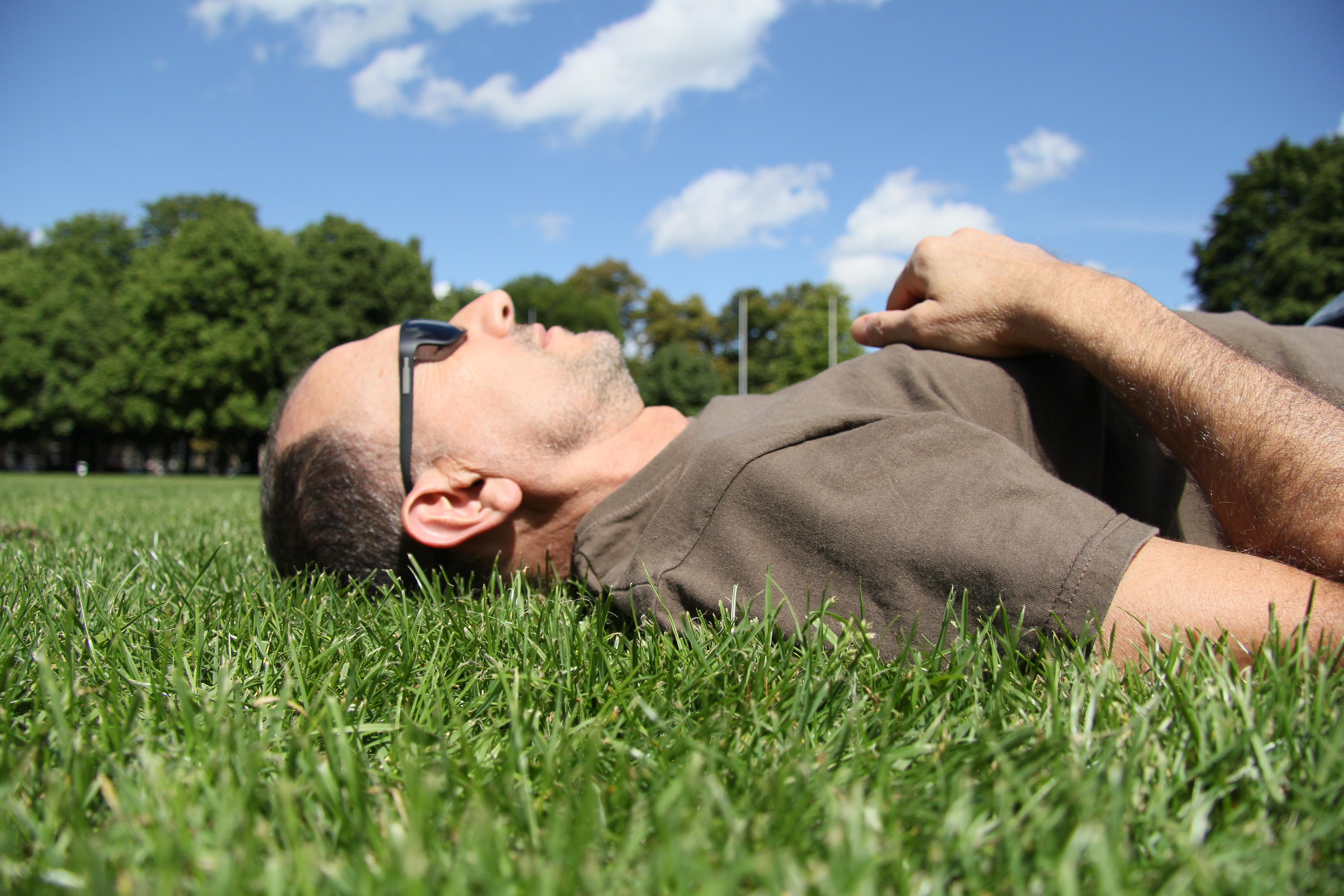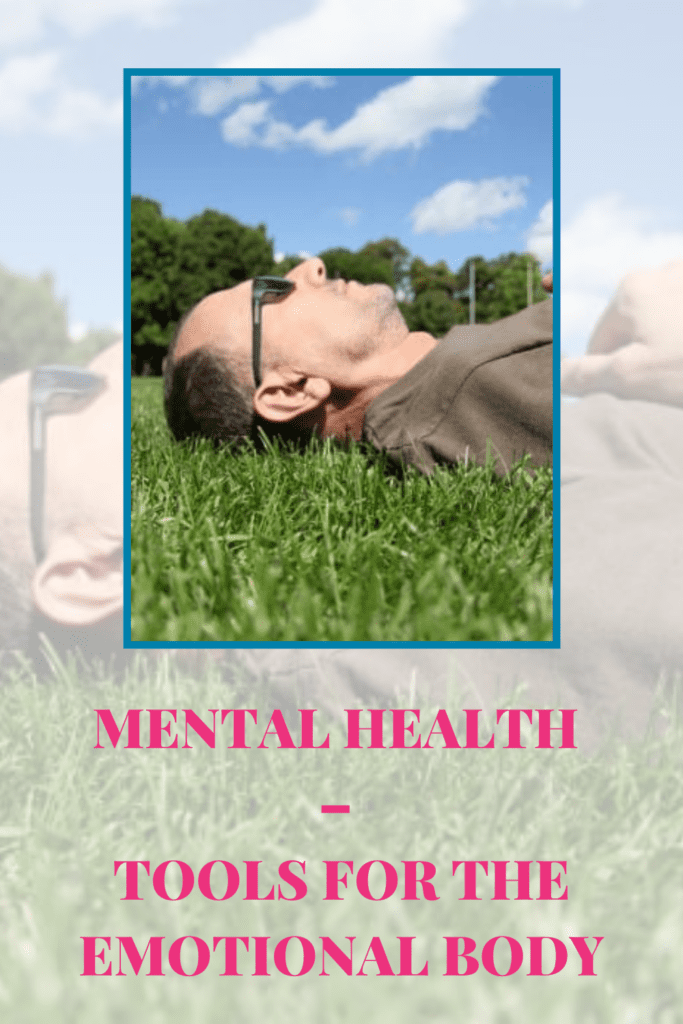 In the first part of this article I talked about the importance that acknowledging our feelings, journalling, gratitude and socializing plays in our mental health. Below are some other tools and habits. Of course trying to incorporate them all at once would be contrary to mental health. Ask yourself which ones might create more meaning and effect the most change in your life and consider adding those to start.
In the first part of this article I talked about the importance that acknowledging our feelings, journalling, gratitude and socializing plays in our mental health. Below are some other tools and habits. Of course trying to incorporate them all at once would be contrary to mental health. Ask yourself which ones might create more meaning and effect the most change in your life and consider adding those to start.
1) Find a Hobby – When we are depressed or struggling with our mental health, one of the first things to disappear is our interest in just about anything, including the things that used to excite us. A hospital in the UK is having significant success in treating those who suffer mainly with major depressive disorder and schizophrenia by encouraging their patients to develop a regular hobby in something that has long interested them. It has been common knowledge for years now that individuals who report being the happiest and are least prone to relapsing into depression are those who participate in an activity that they whole-heartedly enjoy solely for pleasure’s sake.
Many hobbies have the added advantage of being a social activity. Since strong social supports is also a predictor of depression resilience as well as longevity, a social hobby may have the greatest effect in cultivating wellness. It’s kind of like a two-for-one deal. It is easy to see why people with meaningful hobbies are not simply happier, but have stronger immune systems, decreased blood pressure and overall better health than peers of the same age without a hobby.
For many, the word hobby seems to connote an interest that is rather surface level. It is seen as an activity that one may ‘dabble’ in for pleasure or to pass the time. Hobbies are not typically viewed as life changing and are seen as holding little value or purpose in the ‘real world’ and yet the opposite is true. Hobbies not only offer pleasure and the potential to be present in the flow of creativity, they establish a sense of purpose. Hobbies are often our passions, and since our passions tend to be where our talents lie, they contribute greatly to our sense of worth and identity. Our hobbies or passions can forge a deep sense of fulfillment and meaning in our lives.
Without hobbies, many of us are caught on the gerbil wheel of going to work, coming home, doing chores, going to bed and so it begins again. Engaging in a fulfilling hobby has been found to markedly reduce symptoms of anxiety and depression. For those without hobbies, life seems mundane and meaningless. There is nothing to look forward to. Life is focused on responsibilities and goals. Not all of us are fortunate enough to be able turn our passions into our careers (yet). However, our hobbies offer the possibility to engage in our interests in a way that is essentially non-threatening. This non-competitive nature is precisely why hobbies are so pleasurable and relaxing especially in a culture that is so goal-driven. Because we live in a highly competitive culture, hobbies are often not valued because hobbies lack something that is paramount in our society: a goal. Ironically, the lack of pressure can be particularly conducive to creativity, talent and creating new goals.
If you don’t have a hobby consider it a mental health requirement to find one. There is a plethora of ideas online and not all hobbies have to be expensive. The one concession about hobbies is that it shouldn’t be stressful or about being the best of the best. Stop being so serious. Get in touch with your inner child and just have fun!
Psychologist and author, Brene Brown, explains that finding time to play is something we don’t consider as important as adults, and yet it is crucial to overall wellness. In her book, The Gifts of Imperfection, she explains how imperative play is to fulfillment and happiness. Play is something that is done solely for pleasure instead of achievement. Finding time to scrapbook, sketch, build, play a sport are all great examples .
2) Accept Imperfection – I thought I was pretty savvy with regards to personal growth and mental wellness as I recovered my health. Yet there was a huge personality trait that I overlooked, primarily because I viewed it as a strength. Perfectionism. Not only did I want everything to be perfect in my life, I wanted things to look perfect and had a difficult time relaxing when they weren’t. Organization was my drug. Then I learned that adrenal burnout is quite common among perfectionists. (Who knew that making things perfect is an impossible task?) I came across Brene Brown’s work I Thought It Was Just Me and The Gifts of Imperfection and learned that imperfection is a cover for not feeling good enough or that you are doing enough. Perfectionism is a perfect reason to never have to accept yourself or anyone else.
Perfectionism is also a great excuse to never go after what we want. If we hold ourselves to impossible standards then we never take a risk or go after our dreams because our perfectionism forbids us from making mistakes, ‘failing’ or making a fool of ourselves. Yet it is through our failures that we improve. Instead of being a perfectionist and never doing anything unless we do it perfectly the first time, we should instead be dedicated and committed to learning from our failures. I had wanted to write a blog for years, but had always resisted because I didn’t think it would be good enough. If I hadn’t addressed the reality that perfectionism is a prison then this blog would never have been launched. Perfectionism is closely intertwined with having a healthy hobby. If we are perfectionists, we may find it hard to justify a hobby that we enjoy, but that we are not very good at.
 By simply being aware of the different stories and emotions that were underneath my compulsive perfectionism, I was able to decide if I wanted that organized to simplify life or if it was simply so that I could experience more control over the world that was constantly not operating under my instructions. Perfectionism, is the result of underlying (or full-blown) anxiety. Since anxiety makes us feel out of control, perfecting and constantly improving things offers the anxious person a sense of control. When the anxiety grows and is left untreated it, it can even turn into OCD.
By simply being aware of the different stories and emotions that were underneath my compulsive perfectionism, I was able to decide if I wanted that organized to simplify life or if it was simply so that I could experience more control over the world that was constantly not operating under my instructions. Perfectionism, is the result of underlying (or full-blown) anxiety. Since anxiety makes us feel out of control, perfecting and constantly improving things offers the anxious person a sense of control. When the anxiety grows and is left untreated it, it can even turn into OCD.
I am not perfect at not being perfect. (Ha!) I am a ‘recovering perfectionist’ and I am also still me. I like things tidy. I am still an organized person except now I strive for excellence in my life, instead of perfectionism. That means that I do the best I can at that time with what I have and accept that nothing is truly perfect. If I feel anxious when things aren’t perfect, I know now, that there is another, more difficult emotion underneath my perfectionist compulsion. Fear or feelings of not being enough.
Perfectionism’s sister is ‘criticism’. Like anxiety, criticism robs us of our peace of mind and makes it impossible to truly enjoy anything or fully accept anyone. When we are perfectionists or overly-critical we cannot be compassionate and accepting of others or of ourselves. In Loving What Is, Byron Katie offers her creation ‘The Work’ in which one learns to uncover how one’s judgements of others is a sub-conscious reflection of our own judgements. We become intolerant of the world around us when we expect perfection. Perfectionism and inner peace cannot co-exist.
 3) What’s Eating You? This is where it gets mucky. Dr. Katherine Willow taught me that when our physical health fails, it is the emotional or spiritual health that is at the root. When my mental health went out the window, I remember sitting in front of her, telling her all about the vitamins and bio-identical hormones I was taking to fix my adrenals and thyroid. She said to me very candidly, “What do you want?”
3) What’s Eating You? This is where it gets mucky. Dr. Katherine Willow taught me that when our physical health fails, it is the emotional or spiritual health that is at the root. When my mental health went out the window, I remember sitting in front of her, telling her all about the vitamins and bio-identical hormones I was taking to fix my adrenals and thyroid. She said to me very candidly, “What do you want?”
I told her through tears, “I just want to be well again. Normal.” She explained that adrenal insufficiency is often related to denying one’s life’s purpose and doing all the other ‘shoulds’ and ‘have-to’s’ and not listening to what we really want.
“Close your eyes,” she said “Now ask yourself, ‘What do I really want?”
Shamanic traditions are no longer the only ones that are finding that when health fails (mentally or physically) there is a spiritual crisis. Again spiritual does not necessarily mean our religion or beliefs of the afterlife. Spirituality can very simply mean our sense of purpose and how we make meaning from our lives. Psychologists, social workers and doctors all report that underneath many health issues are layers of resentment, anger, grief and trauma. Most anxiety disorders are the result of repetitive thoughts, behaviors and environmental factors as opposed to ‘born that way’. Depression is the result of unaddressed, long-standing anxiety.
If one hopes to grow beyond managing anxiety and depression, we might have to get our hands dirty, dig deep and uproot some deep-seeded beliefs, wounds and fears. Sometimes that is not always comfortable. Uprooting can be downright excruciating, but when we unearth old core beliefs we get out of our own way and allow for the birth of something even greater. Find out what’s eating away at you. Perhaps it is a person, a job or a situation. The answer is not always in running away from the problem it may require a shift in perception which means doing your own inner-work and addressing your core beliefs.
Ask yourself:
- What is it that you really want?
- What do you really want out of life?
- What beliefs are preventing you or making you feel stuck?
- Who has hurt you? How has this affected your relationships with others as well as other areas of your life?
- Who do you need to forgive?
- What are you feeling guilty or ashamed of?
On a spiritual level, depression and anxiety are the result of denying who we are and what we want. Working with a a trained mental health professional, a spiritual teacher/coach, shaman or religious leader might help you more easily make a graceful transition through this process.



2 thoughts on “Mental Health – Tools for the Emotional Body (continued)”
In my view, depression is focusing too much on the past, and feeling sorry for myself. It is almost like a selfish way of thinking and being. Anxiety is focusing too much on the future, worrying about what could happen. Both ways miss the most crucial and important part of our lives: the Present moment.
I agree. Mindfulness is such an important practice for mental health.